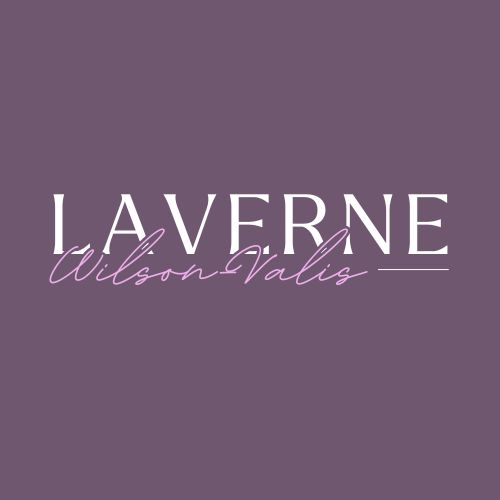As people age, the importance of having well-considered legal arrangements in place becomes paramount. Elderly individuals face unique legal challenges and opportunities that can significantly affect their overall quality of life and the management of their affairs. Key among these are advance directives, estate planning, and power of attorney. Each element helps confirm that an individual’s wishes are respected and that their financial and personal matters are handled appropriately, especially in situations where they can no longer manage them independently.
Advance Directives
Advance directives are defined as legal documents that outline the person’s specific medical care preferences if they can no longer communicate these decisions themselves. There are two primary types: living wills and durable powers of attorney for healthcare. A living will provide a specific overview of medical treatments and life-sustaining measures an individual wants or does not want, such as mechanical ventilation or resuscitation. This document becomes essential in critical medical situations, guiding healthcare providers and loved ones in making decisions that align with the patient’s values and desires.
A power of attorney within the healthcare realm will designate a trusted person to make any major medical decisions on the individual’s behalf. This appointed agent can make real-time decisions based on the evolving medical circumstances, offering a layer of flexibility and personalized care. Together, these documents ensure that medical care aligns with the individual’s wishes, providing peace of mind and reducing the potential for conflicts among family members.
Estate Planning
Estate planning is a comprehensive process that prepares for the management and distribution of a person’s estate upon their death. For elderly individuals, effective estate planning involves creating a will, establishing trusts, and possibly making arrangements for guardianship if they have minor children or dependents. A will is the foundational document specifying how assets will be distributed. If a person does not have a will, the state law will be used to determine where a person’s assets are distributed. The risk of this is that the individual will not get their wishes for any assets under their name.
Trusts are a great option for those looking to increase their control over where assets are distributed. They potentially provide tax benefits and protect assets from creditors. Estate planning also often includes designating beneficiaries for things like retirement accounts and specific insurance policies. This can help ensure that any assets are transferred according to the individual’s wishes.
Power of Attorney
A power of attorney (POA) is defined as a legal document that provides a specific person the authority to act on another person’s behalf in financial and legal matters. For elderly individuals, a durable power of attorney is particularly important because it remains in effect if the individual becomes incapacitated. The designated agent can manage bank accounts, pay bills, and handle investments, ensuring continuity in financial management even when the principal is unable to do so.
Choosing the right person as an agent is critical, as this individual will have significant control over financial affairs. It’s advisable to choose someone trustworthy and competent, often a close family member or a professional fiduciary. Regularly reviewing and updating the POA can ensure it remains relevant and reflective of current circumstances.
Advance directives, estate planning, and power of attorney are essential components of legal planning for elderly individuals. These tools help ensure that a person’s medical, financial, and personal wishes are honored, providing security and peace of mind. By addressing these legal considerations proactively, elderly individuals can better protect their interests and alleviate potential burdens on their loved ones.

